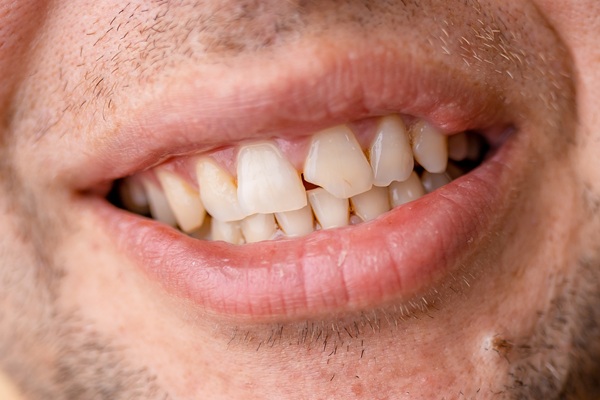Need Scaling and Root Planing? Laser Dentistry Can Help

Laser dentistry provides alternative ways to treat gum disease. Gum disease is caused by tartar and bacterial buildup underneath the gums. It is a condition that damages gum tissues, the ligaments that hold teeth in place and the bone structures that support teeth. The advanced stages of gum disease — called periodontal disease — can lead to teeth becoming loose and falling out.
How laser dentistry improves scaling and root planing
One of the standard ways dentists go about dealing with gum disease is scaling and root planing. The treatment involves the dentist scraping bacteria and tartar off of exposed teeth roots. The procedure is finished up by polishing these surfaces until they are smooth. This makes it harder for bacteria and tartar to stick to these surfaces.
Scaling and root planing are primarily used to treat gum recession and gum disease, but it can also be used to clean tooth roots with hard mineral deposits.
Dentists can use lasers to facilitate scaling and root planing. A dental laser can be used to remove inflamed gum tissues and provide access to tooth roots. They are used to remove tartar from tooth surfaces and to clean out gum pockets. Once the procedure is completed, a clot forms to seal the pocket, and its depth is reduced by reattaching gum tissues to the tooth.
The benefits of using a dental laser during root scaling and planing include:
- The laser seals the gum pocket for up to two weeks, while conventional tools only seal it for about five days
- Dental lasers promote faster re-growth of gum tissues, speeding up the healing process
- The risk of infection is reduced when dental lasers are used
- Patients experience less pain and discomfort after treatments with dental lasers
The laser dentistry process
Here is what patients should expect when getting laser-assisted scaling and root planing:
- A probe is used to evaluate the patient's gum pockets and to determine the extent of any bone loss
- A dental laser is used to remove infected tissues and bacteria
- A scaler is used to remove tartar from teeth and their roots
- A laser is used to finish off the cleaning process and to close up gum pockets
- The healing process begins
- Gum tissues are reattached to teeth, creating healthy pockets
Recovering after gum surgery
There are some simple things patients can do to make their recovery go smoother after gum flap surgery. They can practice good oral hygiene and avoid using tobacco products since they limit the body's ability to heal and fight infections. They should avoid irritating the gum tissues as they heal and get lots of rest since this speeds up recovery.
Taking good care of teeth and gums after getting treatment for gum disease can stop the condition in its tracks and restore healthy gums.
Try laser-assisted scaling and root planing
Call our Lilburn clinic today to learn more about how a dental laser can be used to make scaling and root planing a lot more effective.
Request an appointment here: https://www.lilburnfamilydentistry.com or call Lilburn Family Dentistry at (770) 800-0178 for an appointment in our Lilburn office.
Check out what others are saying about our services on Yelp: Read our Yelp reviews.
Recent Posts
Dental crowns are restorations that can address a range of dental issues, from severely damaged teeth to protecting a tooth after a root canal. They help preserve oral health and enhance a smile's appearance. In addition to being versatile, they are available in different materials, which can be helpful for individuals who want options.Dental crowns…
A broken tooth is a common dental issue that can happen for many reasons, such as accidents, biting into something hard, or untreated tooth decay. Whether a dentist can save a broken tooth or needs to remove it depends on how severe the damage is and how quickly patients seek treatment. While modern dental techniques…
Dental crowns are a popular dental restoration, effectively preserving and enhancing the function of damaged or weakened teeth. These custom-made caps are designed to fit over the existing tooth, providing both structural support and improvements in your smile's appearance. However, not all dental crowns are created equal. The type of dental crown you choose can…
Your dentist can help determine if you need dental crowns. There are many reasons for getting these restorations. The main goal is always to restore the tooth and enhance its functions. Here are the signs you may need dental crowns soon.Losing at least one tooth can cause more dental problems. It can lead to dental…


